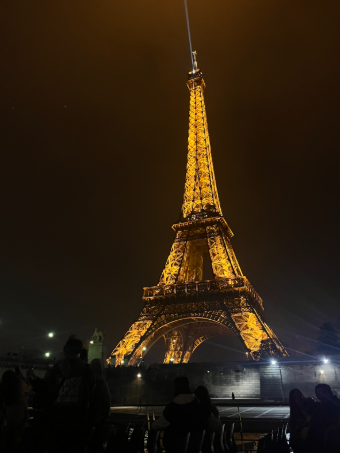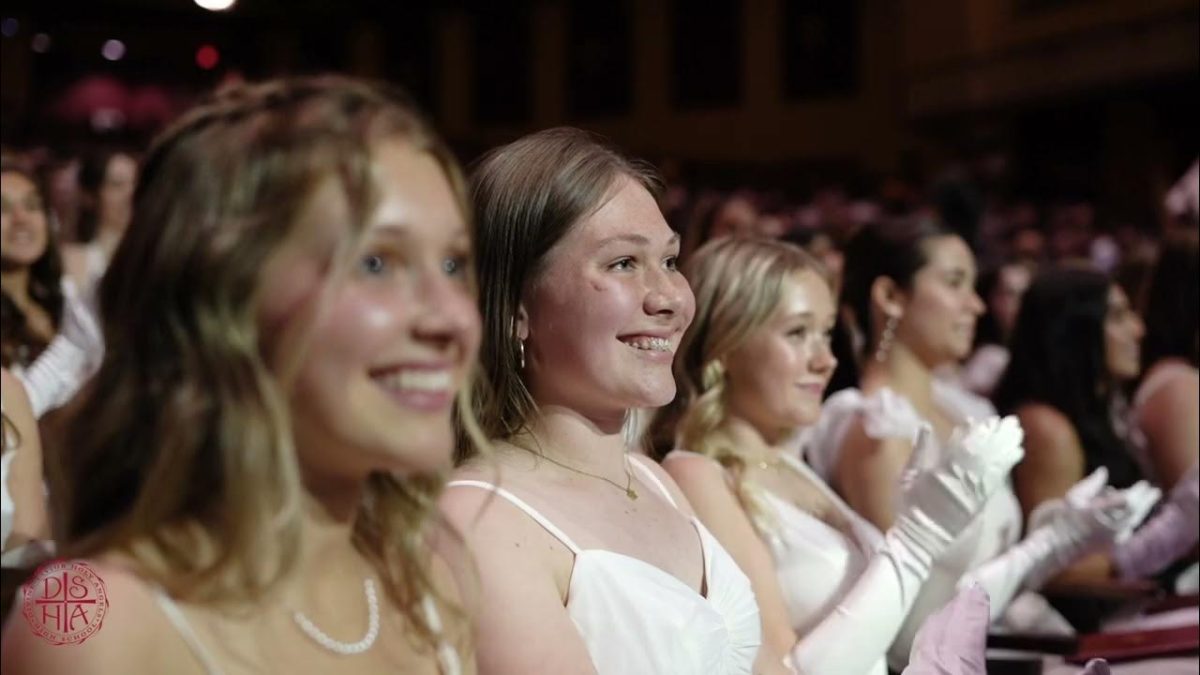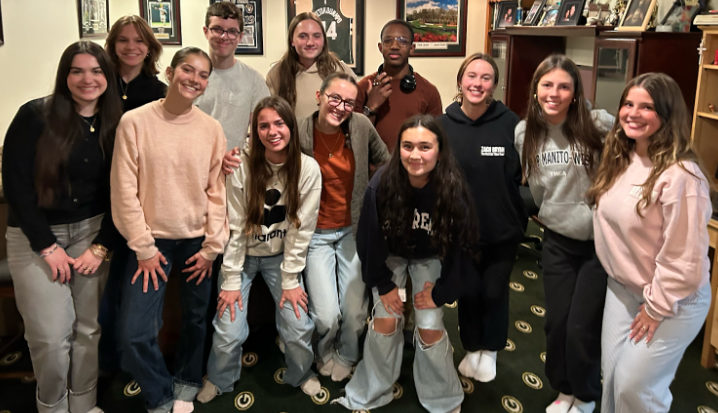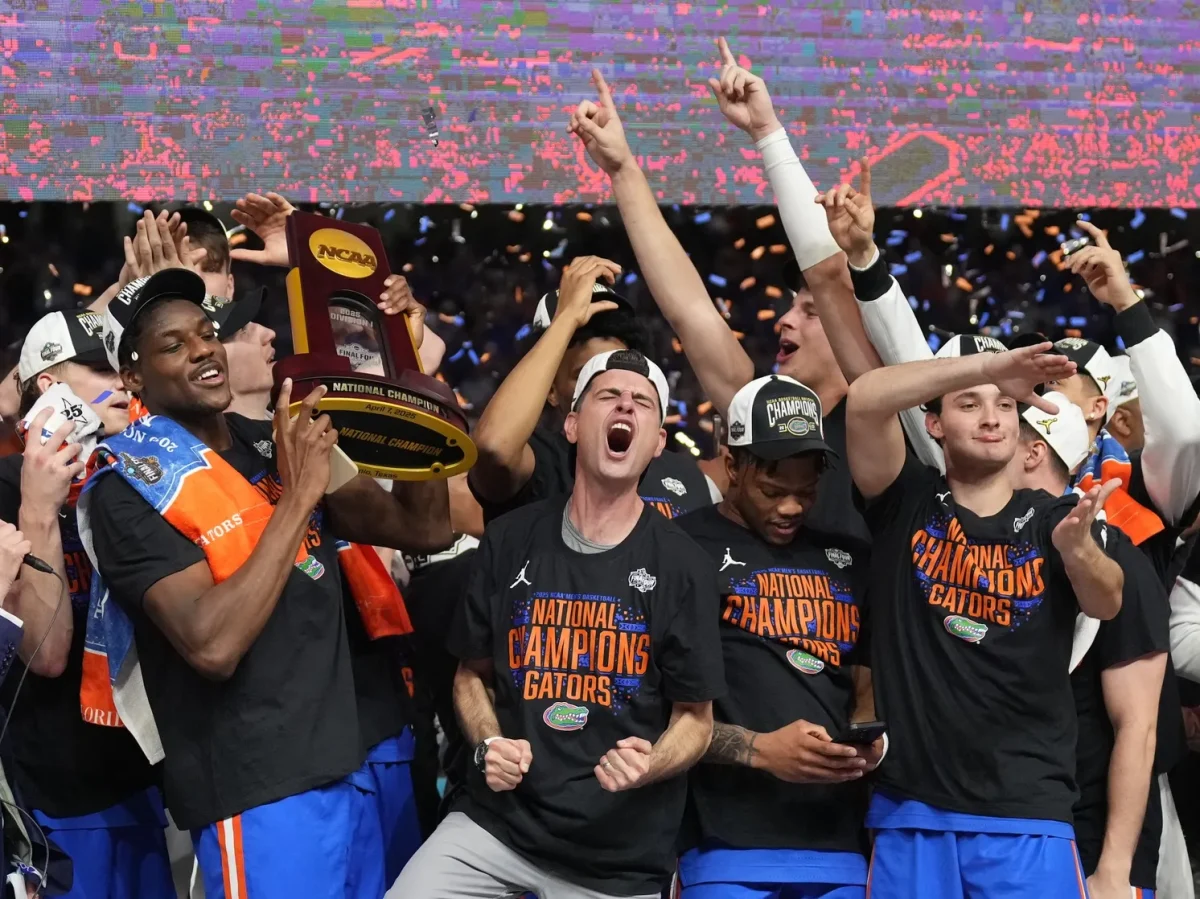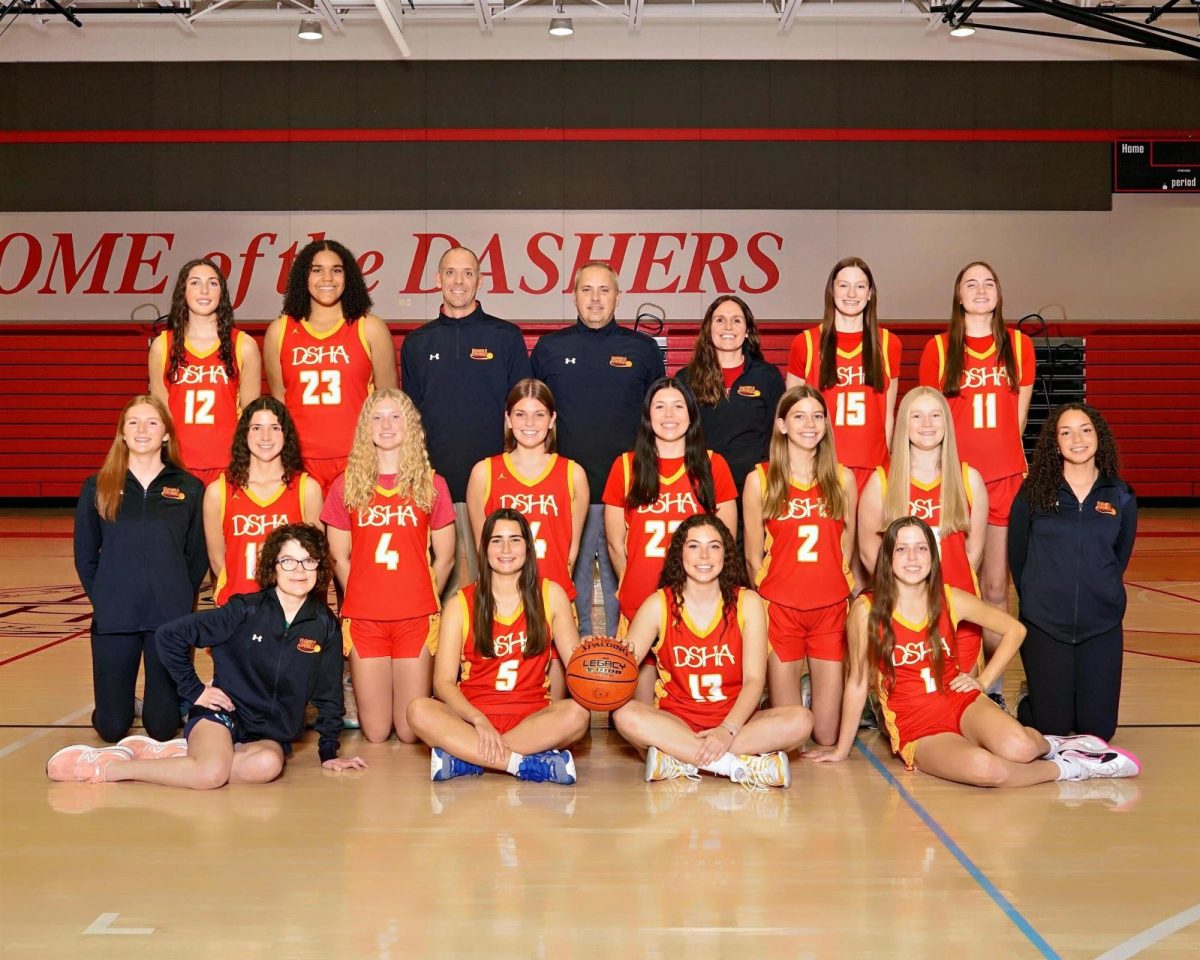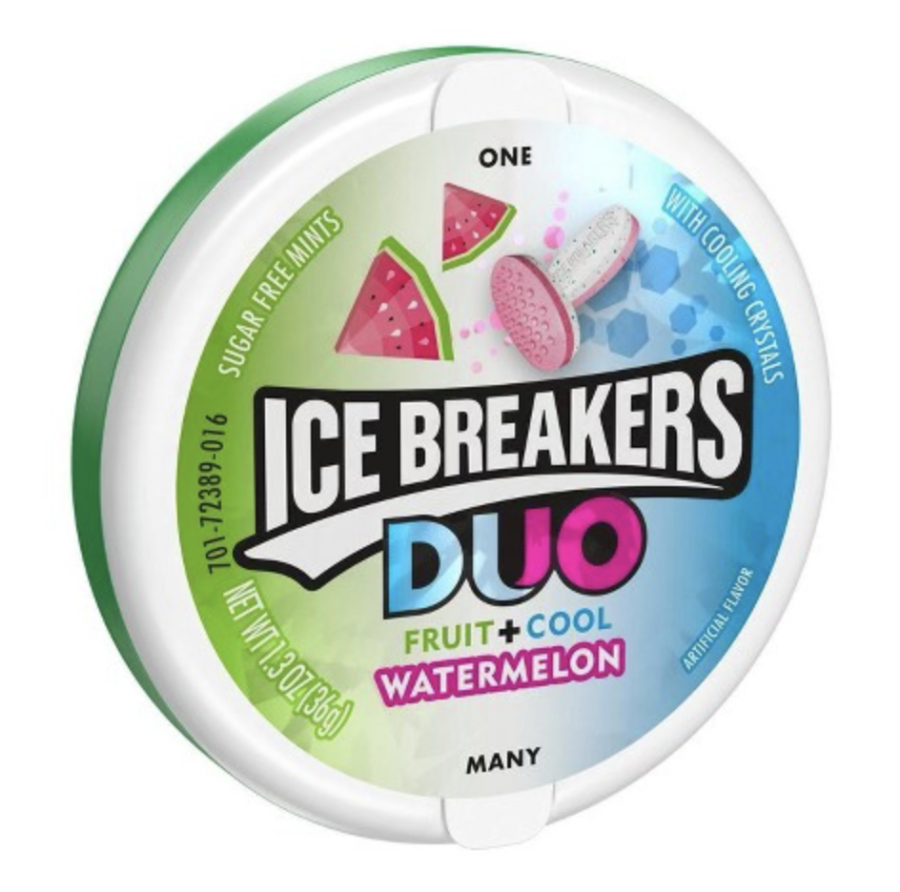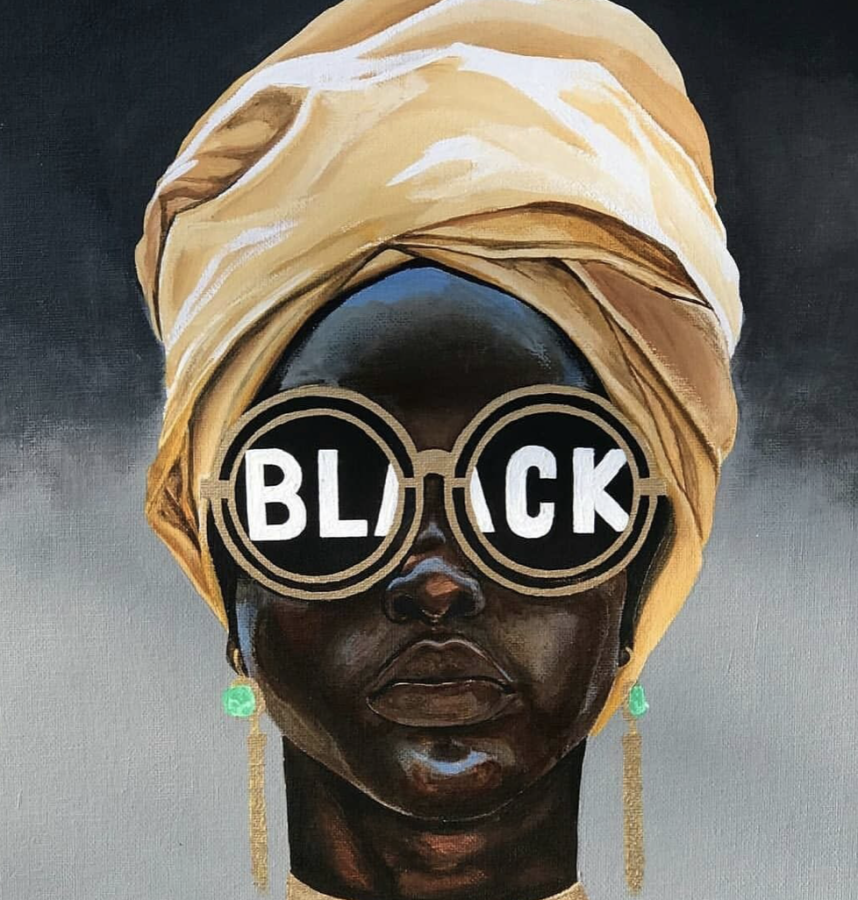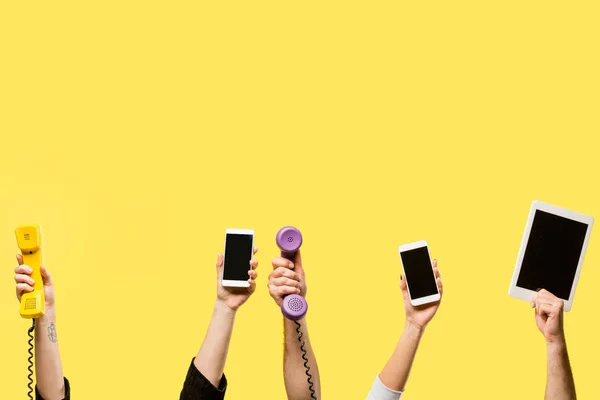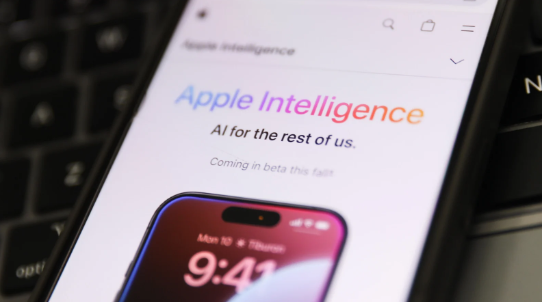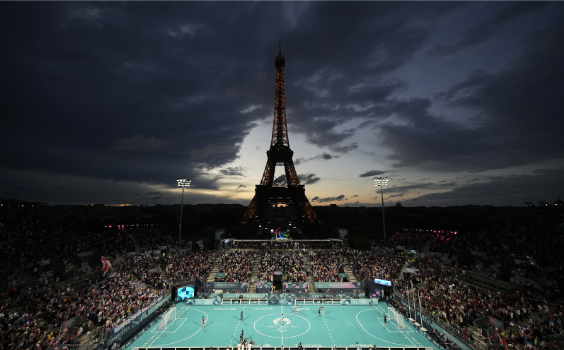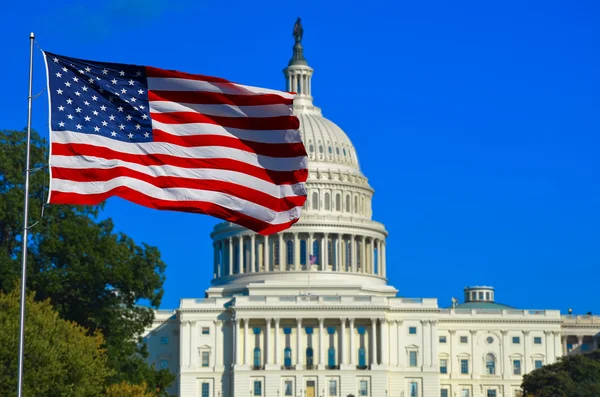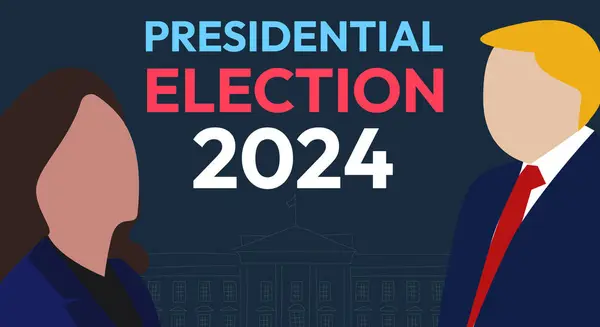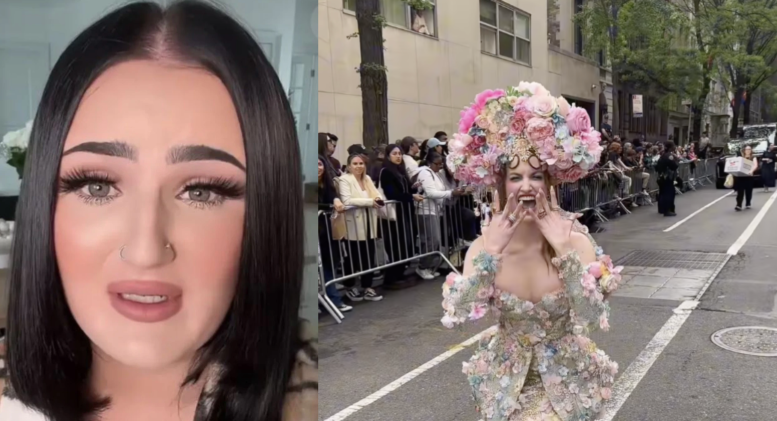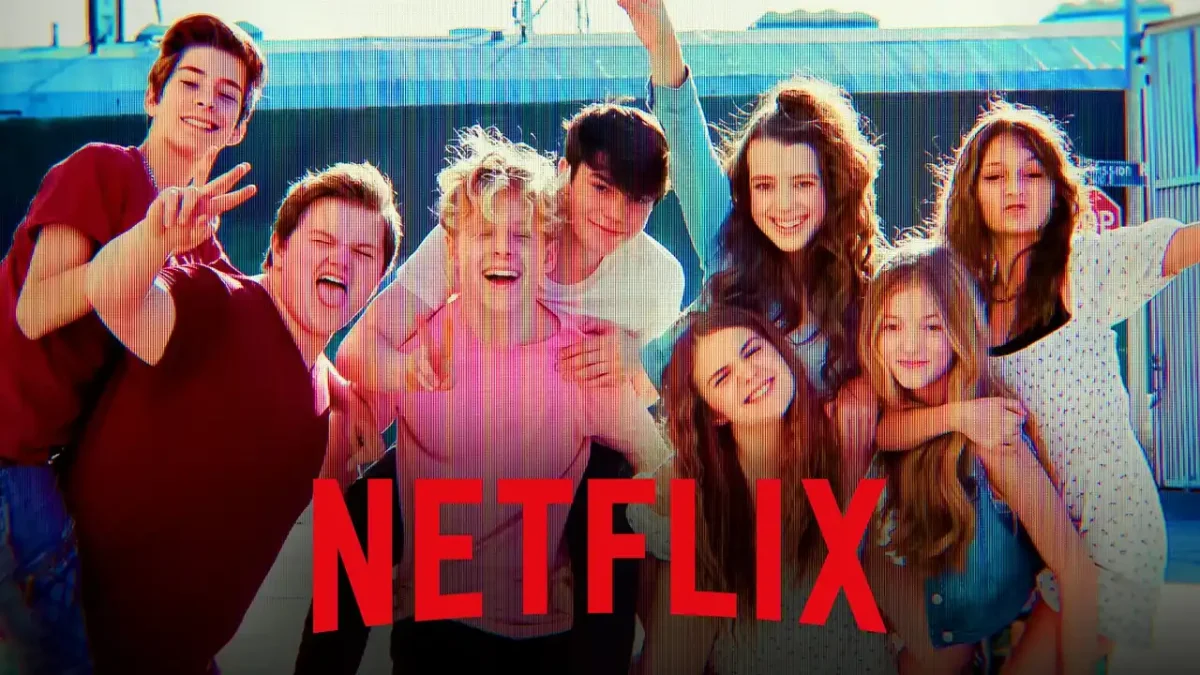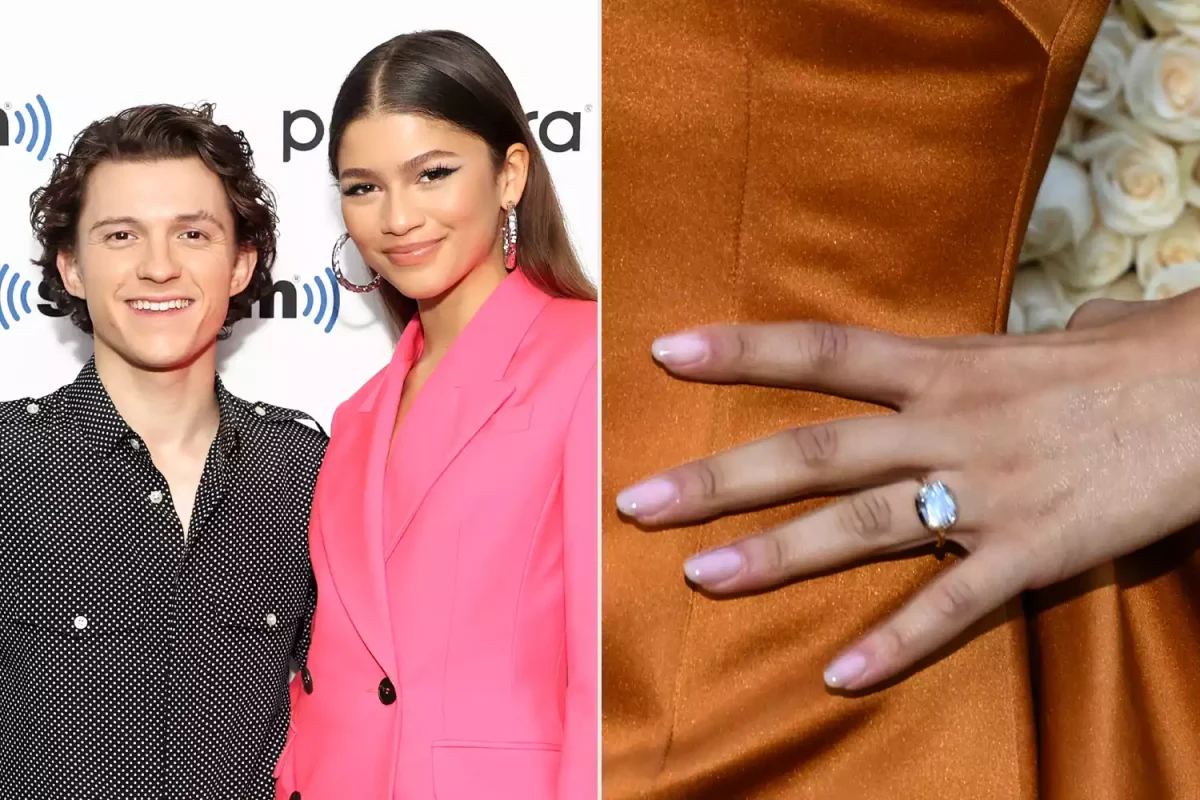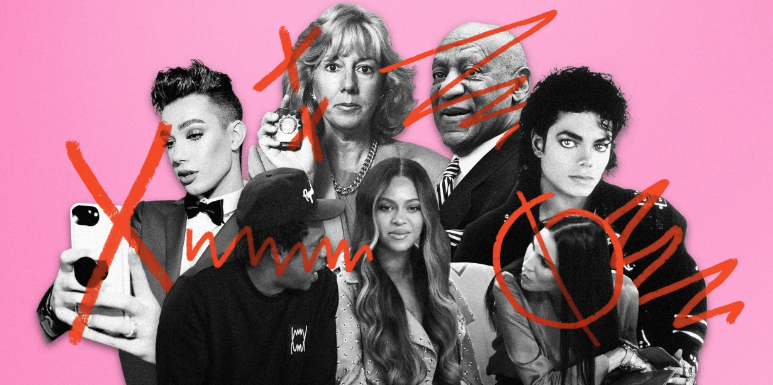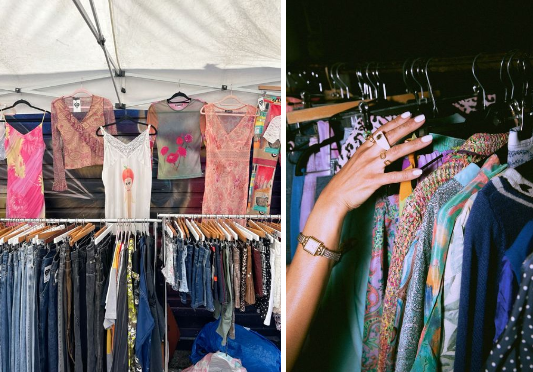Making mistakes is normal for any human, but has it ever completely altered and defined the rest of their life? As an avid user of social media, I have seen many influencers’ careers rise and fall, whether that be in the matter of years, months, or even days. With the verdict being up to the ever-growing jury of the public eye, making mistakes (even before fame) can cost a lifetime’s worth of work. But does canceling people of fame work? Are they held accountable? Is cancel-culture well informed? Thought out? Unbiased?
Cancel culture is a practice that looms over every aspect of social media, waiting to shine a spotlight of focus on whoever the public pry on. When creating an internet personality, this idea stays in the back of people’s mind as a recognition of the power within the world wide web.
When a new light is shone on something a celebrity or influencer did that can be seen as insensitive, nine times out of ten, it goes viral. Some say any publicity is good publicity, but that is not always the case. With quick rising stories exposing people’s actions spreading across the vast number of social media websites, it can quickly tear down people’s reputation and career. Less interaction on posts can cost more than just your ego, if that is their only source of income for someone, it becomes a bigger issue.
Most of the time, cancel culture, though brutal in some circumstances, is for the better. Supporting those who feel dehumanized or offended by others’ actions is always uplifting and supports the argument that humanity is good. It can deplatform people who are insensitive and rude, slowly making the internet a little bit better. However, when an influencer gets canceled, it can be a struggle to keep them accountable for their actions and actually make it have an impact.
Due to management teams and power to cover up media, celebrities tend to stay quiet during any bad virality and wait until it blows over to get back to whatever they do, unbothered. Because the internet gets easily bored, distracted, or there is a new cancel victim to claim, people do not hold these old influencers accountable or keep up with their new life. Therefore, it makes cancel culture somewhat of a “trend.” After it takes over the media, and people get bored of the same story, nothing or no one continues to stand up to the canceled influencer. It struggles to impact the person’s life, and they continue doing movies, performing songs, and being active on social media.
There is another side to cancel culture that also makes it questionable, which is the idea that it is always well-informed or unbiased. Users of the internet are not experts, and they do not know everything about people’s situations. When new A-lister drama emerges, different details can come out with every media covering the story. Whether true or not, it leads impressionable people or young naïve users to believe anything and then go on to further spread misinformation. Cancel culture takes bits and pieces of every story and webs it together to illustrate the worst picture possible of whoever is the focus of the drama, even if it is all a lie.
Furthermore, there is a difference in who is canceled. With cancel culture, it always depends on the audience of the influencer. Some influencers can be canceled for the exact same action someone was called “iconic” for. This unfair bias turns the question of whether culture is reliable and if it makes sense to ignore insensitive actions done by celebrities they support.
Cancel culture is a never-ending cycle that creates the same wave of fanfare over and over surrounding a new person. It can be true, it can be a lie, it can snowball into an argument on social media–whether you choose to believe it or not is up to you.

